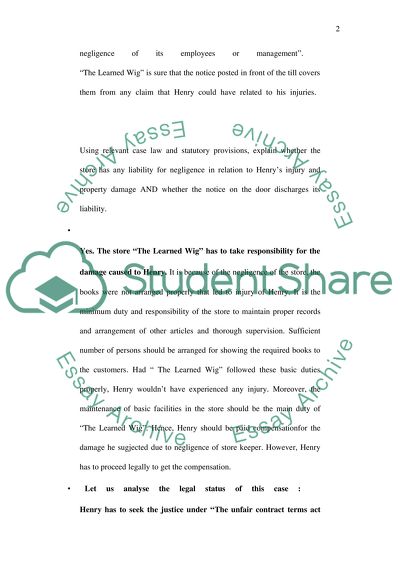Cite this document
(“Business law Essay Example | Topics and Well Written Essays - 1250 words - 5”, n.d.)
Business law Essay Example | Topics and Well Written Essays - 1250 words - 5. Retrieved from https://studentshare.org/miscellaneous/1554338-business-law
Business law Essay Example | Topics and Well Written Essays - 1250 words - 5. Retrieved from https://studentshare.org/miscellaneous/1554338-business-law
(Business Law Essay Example | Topics and Well Written Essays - 1250 Words - 5)
Business Law Essay Example | Topics and Well Written Essays - 1250 Words - 5. https://studentshare.org/miscellaneous/1554338-business-law.
Business Law Essay Example | Topics and Well Written Essays - 1250 Words - 5. https://studentshare.org/miscellaneous/1554338-business-law.
“Business Law Essay Example | Topics and Well Written Essays - 1250 Words - 5”, n.d. https://studentshare.org/miscellaneous/1554338-business-law.


